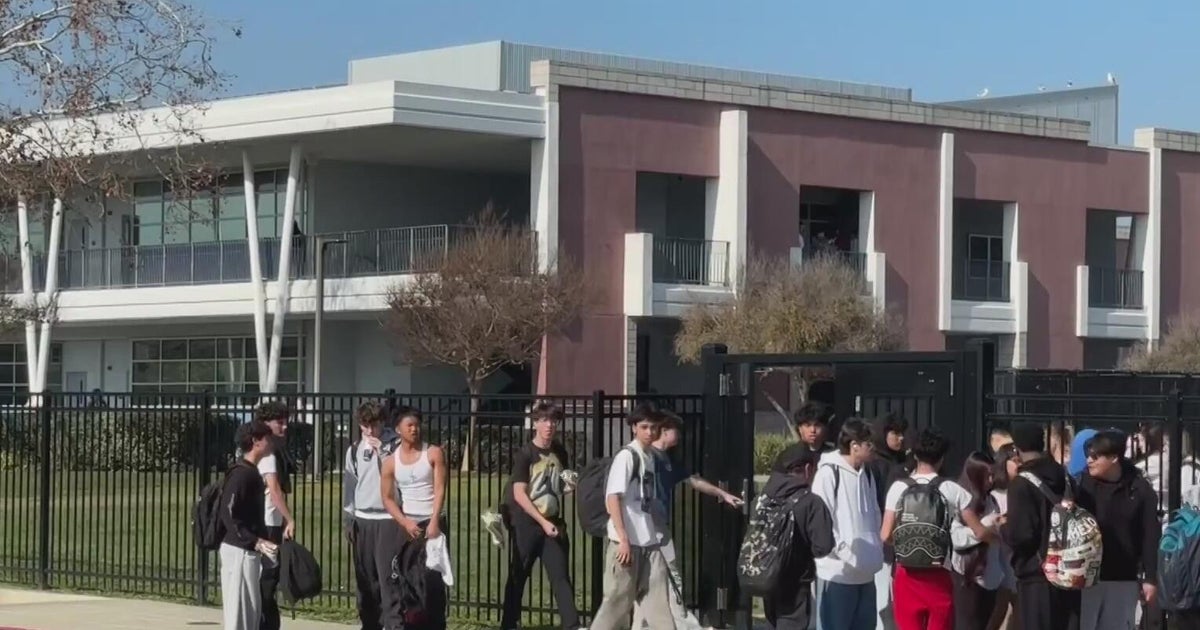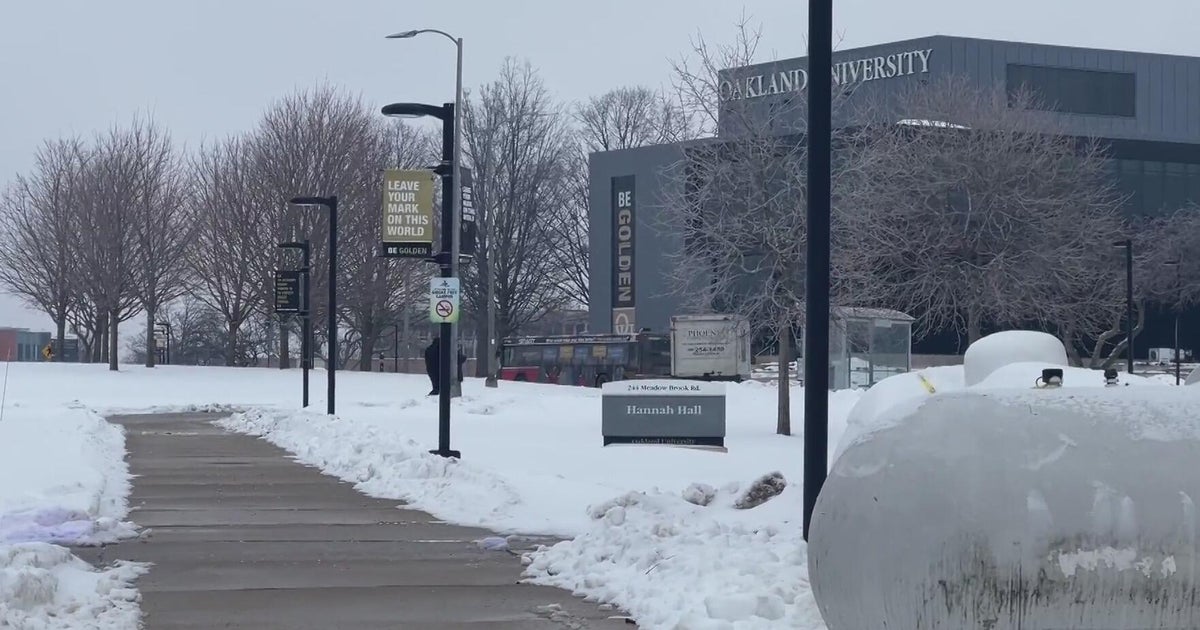Is college tuition worth it when classes are online? Students weigh tough choice during pandemic
With schools across the country shifting to online learning amid the coronavirus pandemic, many college students are trying to decide whether that experience is worth the high price of tuition.
"It's a tough choice to decide not to go to campus," said student Tia Moore. "I won't have that freshman experience. ... I don't want to be dramatic, but it was kind of heartbreaking when you love school and you love learning."
"I realized I'm a lot better at learning in person rather than online," said Alex Millinoff, who said he's planning to skip his fall semester. "I felt that my money would be put to better use if I were to wait for classes to be in person."
George Pham said he has some concerns about online classes.
"I've taken online courses before, and I think that they're fine. ... Obviously not ideal," he said. "I really want to graduate in four years. That's a big factor for me."
CBS News business analyst Jill Schlesinger gave tips on "CBS This Morning" on Tuesday to students facing these tough choices.
Should students consider a gap year?
According to the Federal Reserve Bank, a gap year will cost you an estimated $90,000 over your work life because you're entering the labor force a year later, Schlesinger said.
"So from the perspective of money in your pocket, it's probably better to go back to school, of course, with the greatest precautions," she said.
Is there any chance that tuition will be refunded if students aren't on campus?
"I doubt it," Schlesinger said. "I mean a lot of universities were very quick to refund money for room and board, obviously, last semester."
However, Schlesinger said if your family's financial situation has changed because of the coronavirus, you should talk to your university.
"You should explain that. You should try to get another financial aid package," she said. "I want to be crystal clear about this: When you get that package, be sure to understand what you are getting as a grant, basically free money, but what's coming in the form of a loan. I think a lot of universities and colleges confuse these terms. Try to make sure you understand this."
Should families be considering tuition insurance and does that cover a pandemic?
In general, it won't cover a pandemic, except if you or your child become sick from the pandemic, Schlesinger said.
"There are certainly reasons why you'd want a refund. Maybe your child has a chronic disorder. Maybe something's going on in his or her life, sort of a mental or emotional issue. Then it will pay, but for the pandemic or just fear of going back to school, that would be excluded, so like many insurance policies, there's a list of things that it won't cover," she said.
With federal student loan interest rates at all-time lows, should students consider refinancing?
"This is for the upcoming academic year only, so you might have older loans that clearly have higher interest rates," Schlesinger said. "A downside of refinancing a federal student loan is that you lose all of those options for repayment — income-based repayment, some of the school forgiveness loans if you're in public service."
You would also lose the freeze of your interest rate at 0% which is frozen through September, she said.
"Be very careful, run the numbers, but it could be a good idea especially if those loans are at much higher rates," she said.



